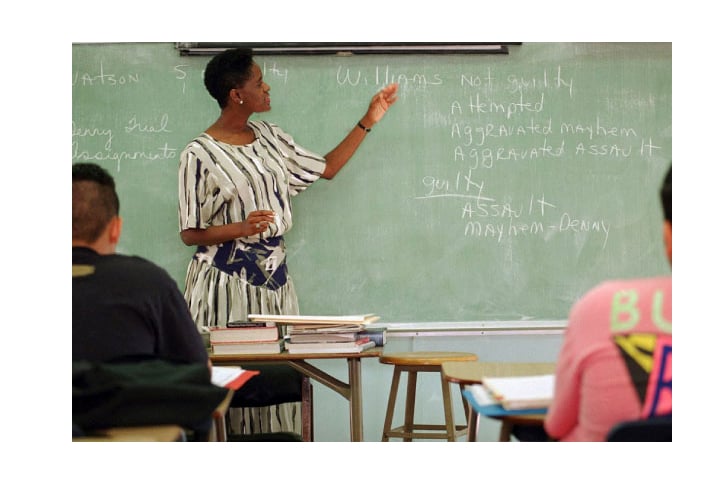Prime
Let’s invest more in teacher training

What you need to know:
- The training should also include sessions on assessment methods to ensure teachers can effectively evaluate students’ competencies.
The Ministry of Education and Sports (MoES) recently unveiled a new lower school secondary curriculum, a significant step towards transforming Uganda’s education system.
This new curriculum is designed to equip students with the skills and knowledge necessary to thrive in the 21st Century.
However, the successful implementation of this curriculum hinges on two critical factors: comprehensive teacher training and access to the necessary resources.
The new curriculum, which is competence-based, is a departure from the traditional content-based curriculum.
It emphasises the development of critical thinking, problem-solving, and creativity among students. It also incorporates new subjects like ICT, entrepreneurship, and life skills, which are essential in today’s rapidly evolving world.
However, the shift from a content-based to a competency-based curriculum requires a significant change in teaching methodologies. Teachers need to move away from the traditional lecture-based approach to more interactive and student-centred teaching methods.
This necessitates comprehensive training for teachers to equip them with the skills and knowledge required to effectively deliver the new curriculum.
The MoES, in collaboration with various stakeholders, should initiate a nationwide teacher training programme.
The programme should aim at training teachers on the new curriculum, focusing on the new subjects and teaching methodologies. The training should also include sessions on assessment methods to ensure teachers can effectively evaluate students’ competencies.
In addition to teacher training, access to the necessary resources is another critical factor for the successful implementation of the new curriculum.
This includes textbooks, teaching aids, and ICT equipment, among others. The government has to ensure all schools across the country have access to these resources.
The MoES should also partner with various international organisations to provide digital resources for schools. This includes online learning platforms and digital textbooks, which can supplement traditional teaching materials.
The successful implementation of the new curriculum has the potential to significantly improve the quality of education in Uganda.
It can equip students with the skills and knowledge they need to succeed in today’s world. This, in turn, can contribute to the country’s economic development and reduce poverty levels.
The new curriculum is a significant step towards transforming Uganda’s education system.
However, its success depends on the effective training of teachers and access to the necessary resources. As the country embarks on this journey, it is crucial that these two factors are given the attention they deserve.
Mercy Akankunda, Assistant Administrator at Proven Foundation




